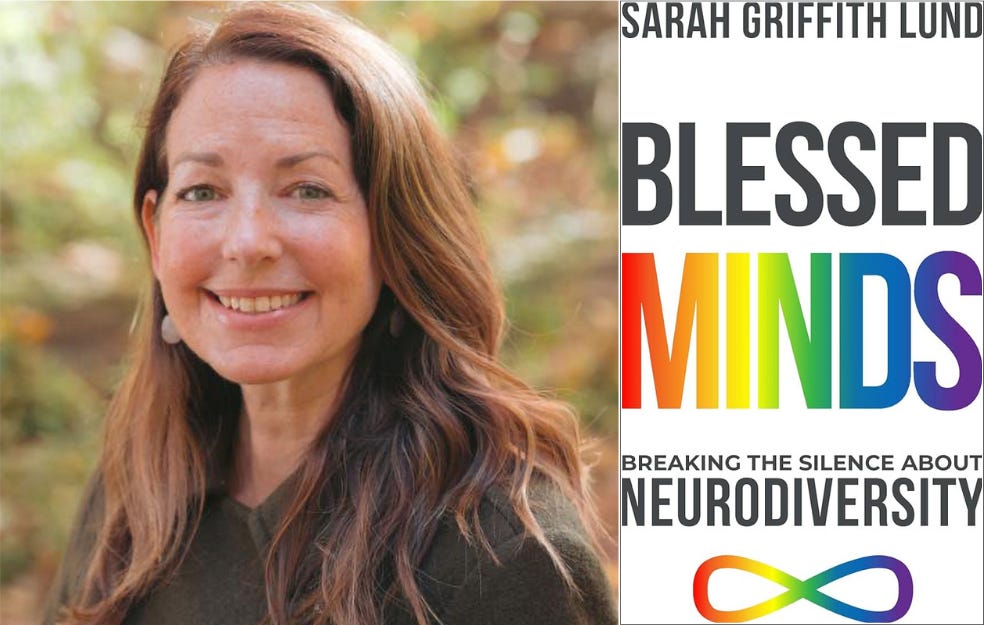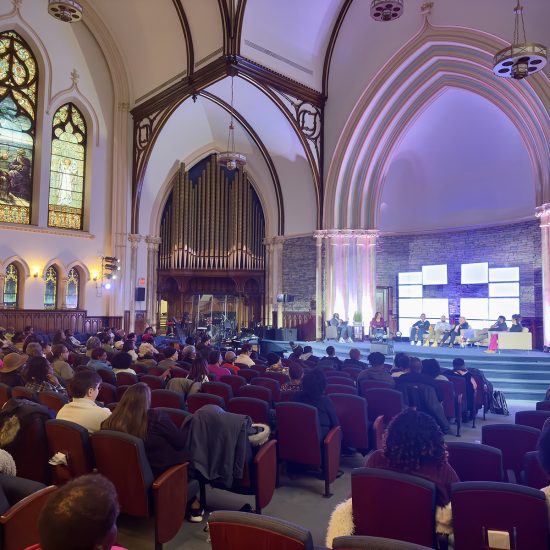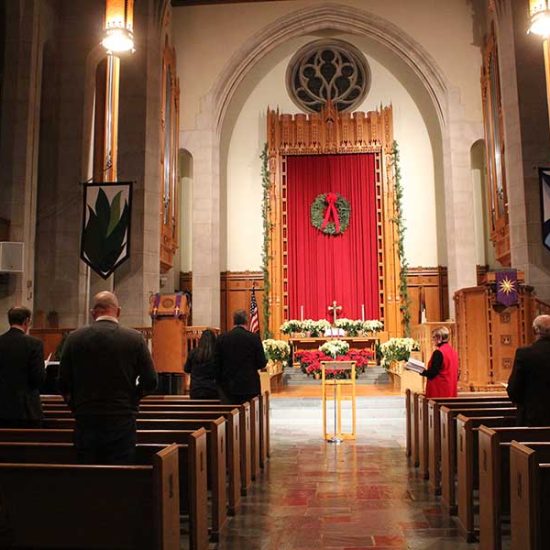
My congregation spent last year exploring how to be more welcoming of those who are neurodiverse. The desire arose from our values of inclusiveness and hospitality, alongside the recognition that so many of our members identified themselves in that way. How could we ensure they were full participants in our community?
There was genuine enthusiasm for tackling this subject. We read books written by experts, listened to personal stories and testimonies, and organized a working group to identify practical things about our worship and congregational life that needed to be adjusted or improved. That work continues.
But there was also a lot of confusion. Many members had never heard the term “neurodiverse” before. Others didn’t understand the different types of brain functioning that fell under that broader umbrella. And it was difficult to find helpful resources that made the topic both accessible and integrated faith into the conversation in a responsible way.
I wish we would have had Sarah Griffith Lund’s Blessed Minds: Breaking the Silence About Neurodiversity. A congregational pastor who also serves on the national staff of the United Church of Christ as the Minister for Disabilities and Mental Health Justice, Lund has long been a voice helping Christians gently and wisely wrestle with issues regarded as too complex or taboo for discussion in churches.

Some of you reading this may also be unfamiliar with the concept of neurodiversity. As Lund explains, “To label oneself as neurodivergent means one intentionally includes oneself in the community whose brains are part of the diversity of human expression. … To be neurodivergent is an identity that celebrates one’s brain difference as contributing to humankind rather than being a deficit.”
Lamentably, our society — and our churches — are designed and often operated by those who are neurotypical. Barriers to access and inclusion are the result of social structures that privilege the way some brains function relative to others. To pay more attention to neurodiversity fosters an awareness that for everyone to belong, we need to appreciate that not everyone is the same and adjust our practices accordingly.
One of the best aspects of Blessed Minds is the way it provides both explanations of the neurodiversity community and connections to the Christian tradition while also moving into the practical realm with real examples, practical advice, and thought-provoking questions for individuals and churches looking to not only learn but to grow and change.
For example, Lund describes how an Episcopal congregation in California sought to embrace a wide variety of minds in its worship practices. This specifically involved a service where sound and lighting were adjusted to better include those with sensitivities to these aspects of worship. Participants wore color-coded name tags indicating their openness (or not) to physical touch (e.g. hugs, handshakes).
There was great intentionality behind all aspects of the service. But when it was launched, nobody came. Rather than label the initiative a failure and give up, the congregation continued to reflect on its goals and efforts. It realized the mistake was in creating a separate space rather than integrating these elements into its regular services. As these neuroinclusive practices became part of the church’s worship DNA, it saw both new understandings develop across the entire congregation and new people arriving who were curious to explore faith within a setting eager to welcome them.

Car light trails are captured in front of Galway Cathedral, a Catholic church in Ireland, as it is lit up in blue for World Autism Day.
While I am an evangelist for this book and grateful to Lund for writing it, my endorsement comes with an important caveat, which Lund makes as well: This is a rapidly evolving area for both church and society. New understandings are emerging; experimentation and modifications are a necessity for congregations wanting to do this well. In this sense, Blessed Minds is a fantastic way to start the conversation, but it will be far from the last word.
As the theologian Michael Paul Carteledge writes in the forward, “Lund does not just teach the church about the neurodiversity paradigm or the history of the neurodiversity movement. She is teaching for faith formation within the context of congregational ministry and in light of the fact of neurodiversity. Lund’s vision is expansive. And what she’s focused on is a particular posture that the church can take — a posture oriented toward justice.”
I hope you’ll read this book and catch Sarah Griffith Lund’s vision. She has generously provided us with a signed copy of Blessed Minds to send to a paid subscriber of A Public Witness. We’ll randomly select that lucky reader at the end of this week, so if you’re only on our free list you’ll want to upgrade right away.
As a public witness,
Beau Underwood






